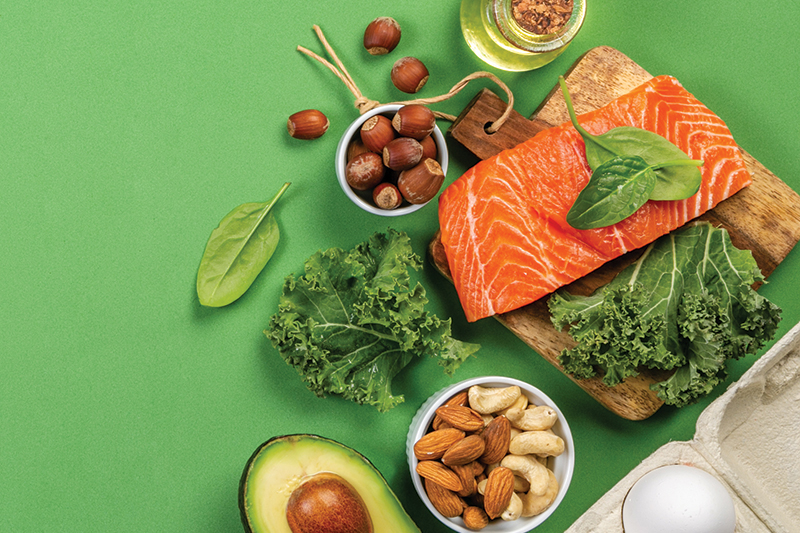As a physician of the oral cavity, I have never seen a mouth come into my practice without its body. The mouth and the body are intimately and intrinsically involved with each other. The mouth is the gateway to that magnificent temple known as the human body.
The health of the mouth supports and protects the health of the rest of the body. Every nutrient to sustain life must pass through the oral cavity to become part of a healthy living body. The responsibility for maintaining systemic health and preventing disease, discomfort, and disability starts squarely with the health of the mouth and what passes through that gate.
Epigenetics
So the question is, is this relationship between mouth and body determined solely by our genes and our DNA, or are there other factors that ultimately shape who we are physically throughout our lives? The long prevailing wisdom of life proclaimed that who we become and how long we live is solely determined by our genes. But newer research reveals there is much more to the story. The new area is called “epigenetics,” or in simple terms, “above the genes”; it’s the other “things” that really control who and what we become physically and our longevity.
The Five Precepts of Health
The five following phrases are common to most of us and reflect the hint of this more significant impact by our genetic environment controllers that we have spoken intuitively for a long time:
- English proverb: “An apple a day
keeps the doctor away.” - Hippocrates: “Let thy food be thy medicine.”
- Chris Crowley: “Don’t eat crap.”
- Ancient Greek adage: “Everything in moderation.”
- William Cowper: “Variety is the spice of life.”
These five precepts could form the basis of a very successful health regimen that would improve the likelihood of vitality, stamina, health, and longevity.
The “things” we put in our mouths to ostensibly enhance living come in only two types: nutrients or toxins. Nutrients are those things we usually call “foods,” while toxins are commonly called poisons. But here is where the distinction gets blurred. In an attempt to make sure foods taste better (e.g., refined sugar), have better consistency (e.g., lecithin), or last longer on grocery shelves (e.g., preservatives) or for any number of other non-nutritive characteristics, many things that we might ordinarily (and formerly) have considered foods are nothing more than toxins masquerading as foods.
However, since the primitive nature of our genetic codes is influenced by their “helpers,” the epigenetic factors and unforeseen and unintended consequences ensue, leading to all of the chronic inflammatory diseases and conditions of modern society.
In short, we must be vigilant about what we let past that gateway known as the mouth.
Kevin H. Norige, DMD, is the founder and chief dentist at South Windsor Smiles, a private dental practice that focuses on oral health as part of the whole-body system. For 35 years, he has worked with patients to achieve healthy mouths and live healthier lives.
Call 860.288.2111 or visit: SouthWindsorSmiles.com.
